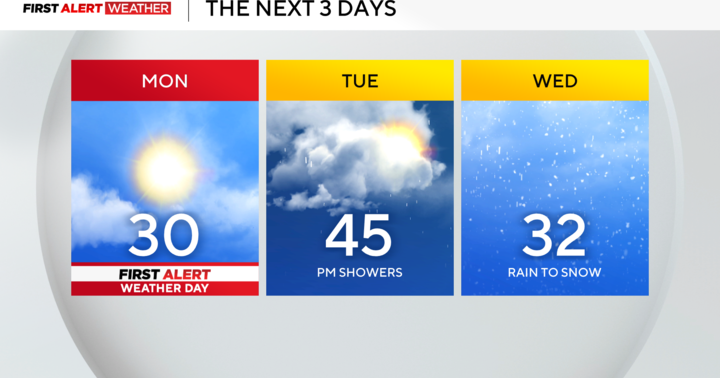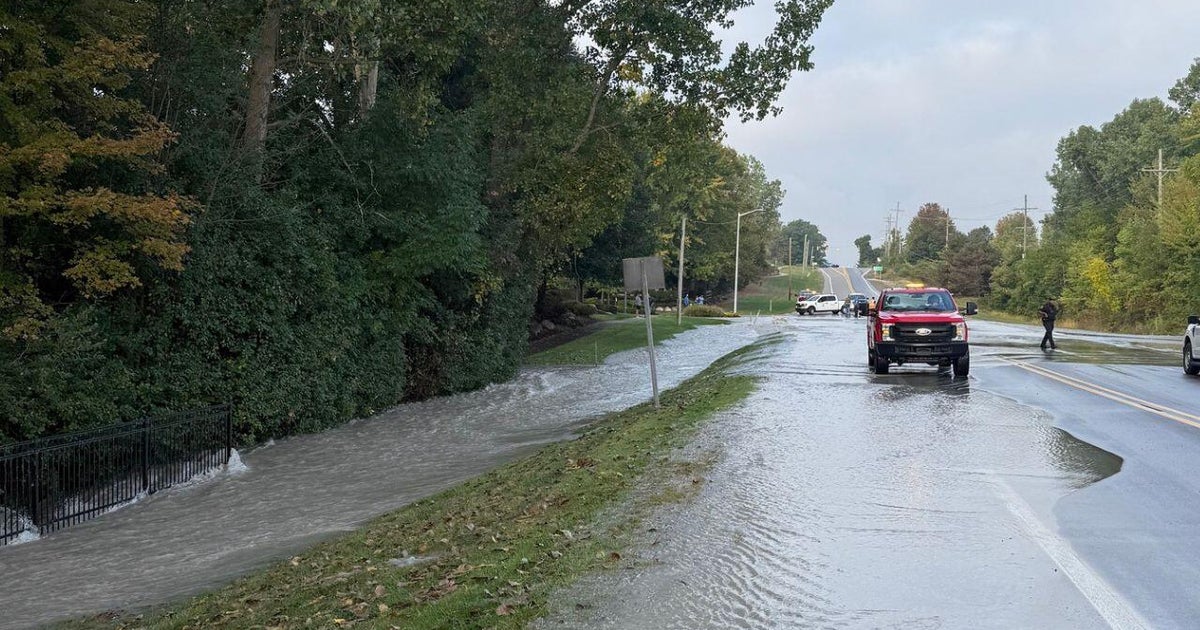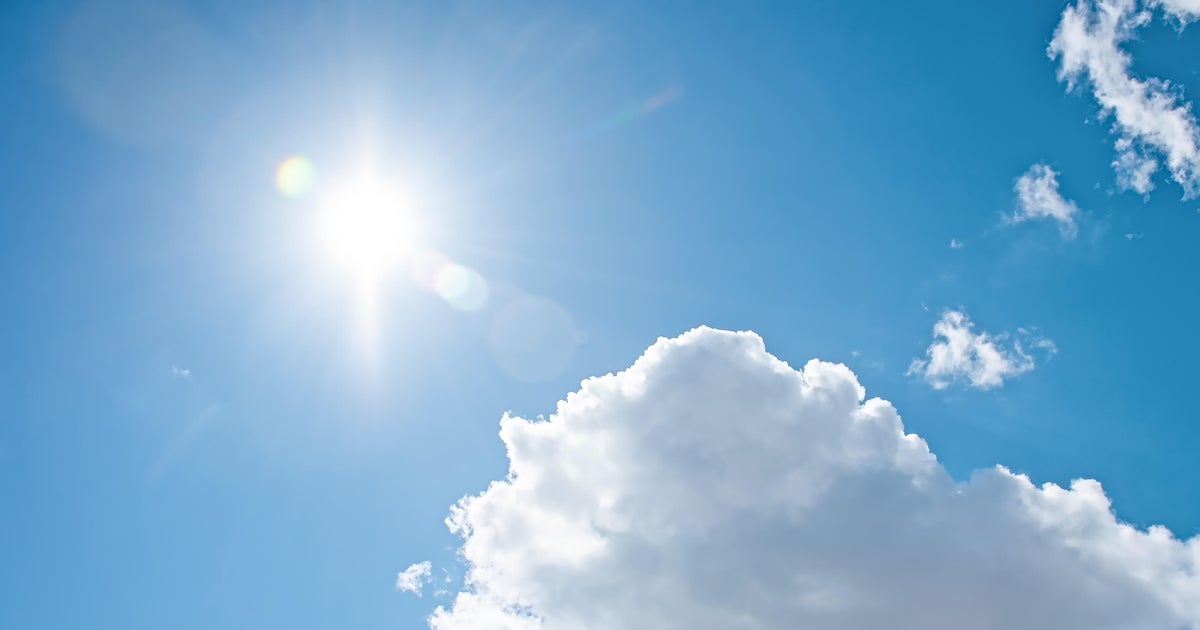Lake Michigan water temperatures second-warmest on record. What does that mean for summer weather?
CHICAGO (CBS) -- Water temperatures on Lake Michigan this year are unusually warm, which will affect your first trip to the beach this summer. This fits a concerning trend as the climate changes.
Barton Williams swims in Lake Michigan every day, even in the winter
"As a former Aussie, the cold water was a challenge," he said. "It's more about the adrenaline rush you get; the endorphins released being in cold water."
But as he put on his gear, stretched out, and eased into the lake in recent weeks, he said it feels much warmer.
It doesn't just seem warmer this year, it is. Water temperatures on Lake Michigan are the second-warmest on record, which National Oceanic and Atmospheric Administration scientists say fits part of a larger trend.
"Lake Michigan is getting warmer, and the [Great] Lakes are getting warmer," said Jennifer Day, spokeswoman for the NOAA Great Lakes Environmental Research Laboratory.
Scientists who monitor the Great Lakes say Lake Michigan is warming by about one degree Fahrenheit every 20 years.
"We all know that we didn't have a lot of ice, or barely any ice, on the lakes this year," Day said.
The lack of ice cover on the Great Lakes this past winter might have an impact on the weather this summer.
"Where the warmer water may impact is closer to shore, or where we might see some of that lake breeze," Day said.
In other words, the cool lake breeze we all rely on in the summer won't be as cool this year.
As far as Williams' plans, as climate change may eventually warm Lake Michigan to 80 degrees in the summer, will he keep swimming there?
"If it's that warm, no I don't think so. I'll probably be in an ice bath," he said.
NOAA scientists don't have data yet on how the fishing industry on the Great Lakes will be affected by warmer waters, but they will be studying that this summer.
As of Monday, the shore temperature of the water in Lake Michigan was 62°. Scientists said that would not have an impact on severe weather this summer, or lead to increased algae growth, but will mean lakefront breezes won't be as refreshing as years pst.








